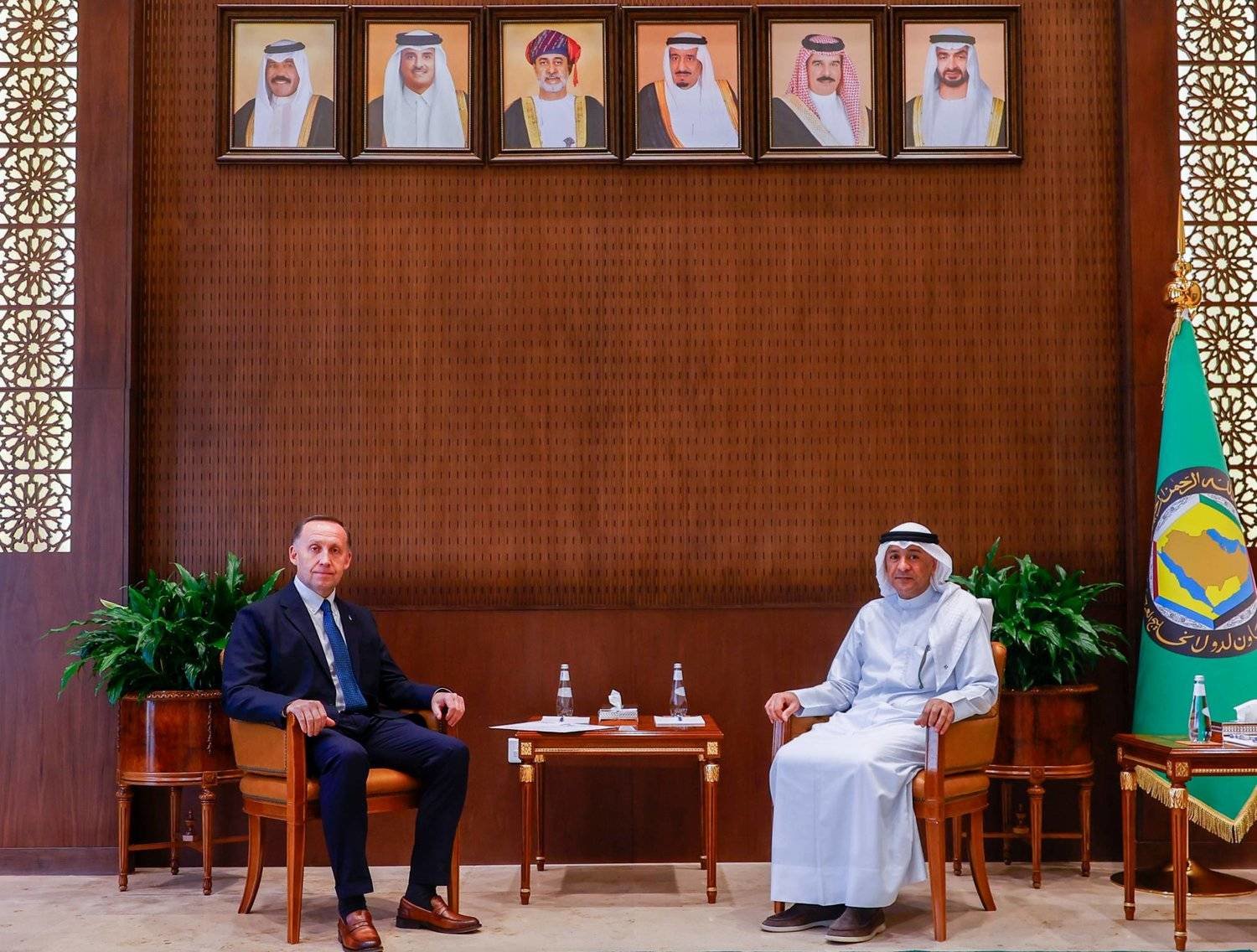Amid the escalating Russia-Ukraine conflict, the Gulf Cooperation Council (GCC) has voiced its unequivocal support for peaceful endeavors to address the crisis. The GCC Secretary General, Jasem Mohamed Albudaiwi, emphasized the significance of upholding international law and the UN Charter, underscoring the importance of respecting sovereignty, territorial integrity, and political independence of states. In a recent phone conversation, Albudaiwi discussed with Ukrainian Foreign Minister Dmytro Kuleba the revival of the Black Sea Grain Initiative to enhance food security and humanitarian aid. This stance comes after the GCC’s pivotal role in hosting a peace summit attended by prominent global leaders.
Peaceful Diplomacy Prevails
As tensions persist, the international community’s attention turns to diplomatic solutions. The recent peace summit held in Jeddah, Saudi Arabia, drew senior officials from around 40 countries, including major players like the U.S., China, and India. Despite the absence of Russia, the talks highlighted the common ground of supporting a peace treaty based on respect for Ukraine’s territorial integrity and the UN Charter. While a joint statement was not reached, the meeting laid the groundwork for a potential resolution.
Multifaceted Global Initiatives
The path to peace is a collaborative effort, transcending borders and regions. China, recognizing its role, sent a special envoy on a comprehensive tour across Europe, engaging key nations involved in the crisis. The Chinese envoy’s mission focused on understanding the nuances of each party’s stance and advocating for peace talks. Similarly, African leaders from South Africa, Senegal, Zambia, Comoros, and Egypt embarked on a peace mission to Kyiv and Moscow. Their 10-point peace roadmap, presented to President Putin, emphasizes de-escalation, diplomacy, and post-conflict reconstruction.
GCC Championing Peace and Food Security
The GCC’s commitment to peaceful solutions extends beyond diplomatic efforts. Albudaiwi’s conversation with Kuleba revolved around the revitalization of the Black Sea Grain Initiative, showcasing the council’s dedication to addressing food security challenges resulting from the crisis. By facilitating grain export and humanitarian aid, the initiative aims to alleviate the plight of affected nations and foster stability.
In the face of an enduring conflict, the global community is uniting its efforts to pave the way for peace in the Russia-Ukraine crisis. The GCC’s resolute support for peaceful means, along with the initiatives undertaken by nations such as China and African leaders, highlights a collective determination to resolve the crisis through diplomacy and cooperation. As the world watches and hopes, the path to peace emerges from the shadows, guided by the principles of international law, collaboration, and respect for sovereign nations.















